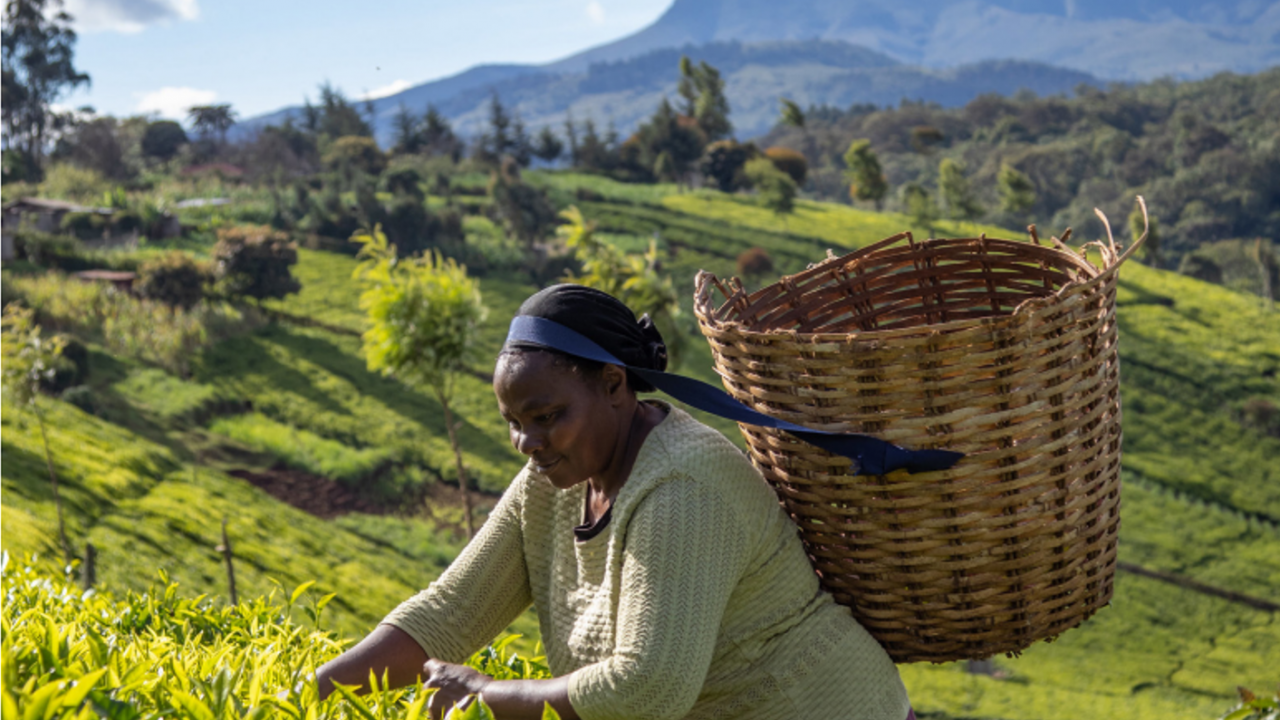But, in choosing your tea wisely, you can do more than just quench a thirst, you can support other farmers - tea farmers to be precise - in making a living, and doing so in a sustainable way.
According to the Rainforest Alliance (RA), which recently released its annual report, there are more than 900,000 smallholder tea farmers around the world who are working more sustainably with assistance from the alliance.After water, tea is the most consumed beverage in the world but this strong demand does not always equate to fair prices for the farmers who grow and harvest the crop.
Put simply, the RA promotes more sustainable and climate-smart farming methods that help farmers protect and improve their incomes.Tea industry Kenya
One example of the work that the RA does with tea farmers, specifically, takes us to Kenya where the tea industry there is one of the major drivers of deforestation, according to the RA's annual report.Not only that, but to dry out the the black tea, the industry if reliant on wood-fired boilers.
As part of the the RA's initiative there - A Renewable Energy Transition in Kenya - its team is working closely with the Kenya Tea Development Agency, which represents 630,000 farmers, and social enterprise, EnSo Impact. Together they are working on producing and promoting briquettes made from waste materials, like bagasse - a fibrous by-product of sugarcane - and coffee husks, to fuel the boilers.2020 in the bag
In 2020, a lot was acheived by farmers, factories and boiler operators - the highlights of which are below:- 12 factories have begun a partial transition to renewable energy;
- 24,000kg of briquettes used per week, which is equivalent to 60 trees saved every month;
- 200+ factory boiler operators and technical staff have been trained on briquette use;
- 20 factory managers have been trained on the importance of renewable energy;
- 176,000+ tree seedlings planted by local farmers and their communities in 2020.
So, the next time you choose your tea, choose wisely by making sure that it is Rainforest Alliance-certified.
That way, you'll be supporting your fellow farming colleagues in less developed parts of the world, and you'll be helping them farm more sustainably too.
